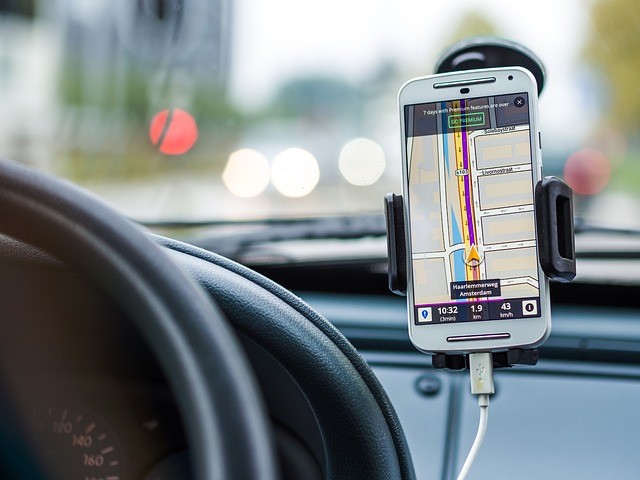
Bestselling Buddhist author Sylvia Boorstein says we should all be more like our GPS.1
By that, she doesn’t mean we should all be better at locating the nearest coffee shop or finding the fastest route through traffic. She’s referring to the way we talk to ourselves when we make mistakes.
Typically, when I make a mistake, I get upset with myself. Sometimes I get frustrated, sometimes I get angry, sometimes I feel ashamed. It often takes me longer than necessary to correct the mistake and far longer than necessary to move on from it emotionally. I tend to replay the mistake over and over again in my mind as I struggle to accept what I’ve done. Sound familiar?
Now, compare that to my phone’s GPS. When I make a wrong turn or miss my exit, my GPS doesn’t get angry. It doesn’t call me stupid. It just calmly says, “recalculating,” and then adjusts my route.1 It’s neutral. It’s nonjudgmental. It accepts reality immediately and then proceeds to do its job. And it’s far kinder to me than I am to myself when I make an error.
It’s also adaptive and flexible. If I encounter unexpected obstacles along the way, or if traffic patterns shift, the GPS will suggest a revised route. It doesn’t get upset about unforeseen roadblocks. It just recalculates.
Boorstein is right: We could all learn a thing or two from our GPS.
1 “Sylvia Boorstein: What We Nurture.” On Being with Krista Tippett. May 5, 2011.
